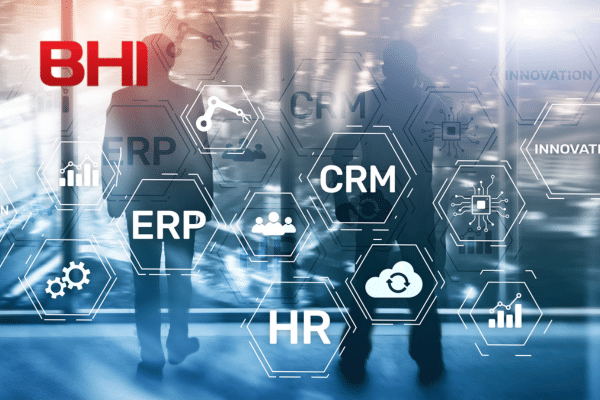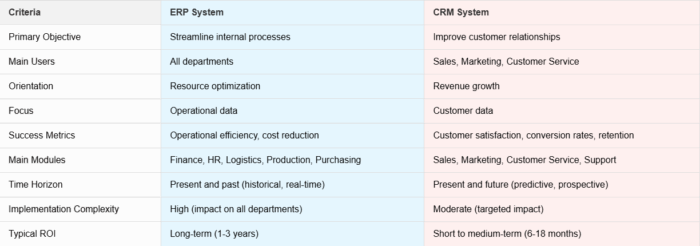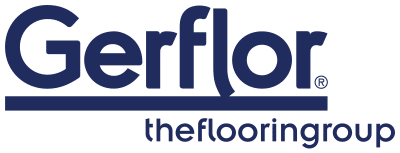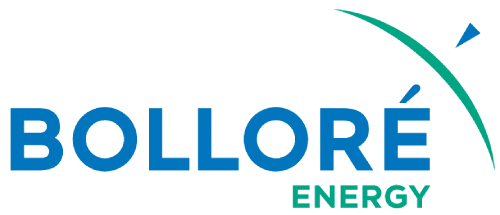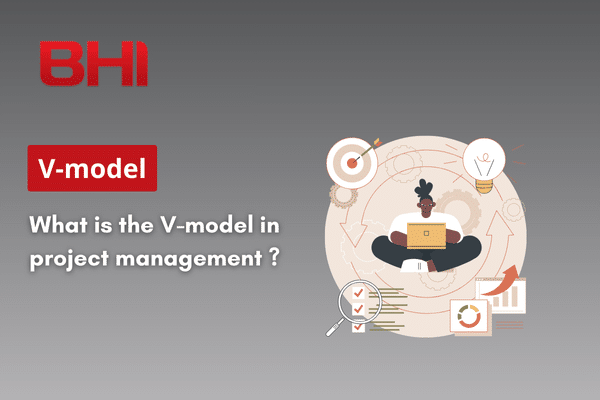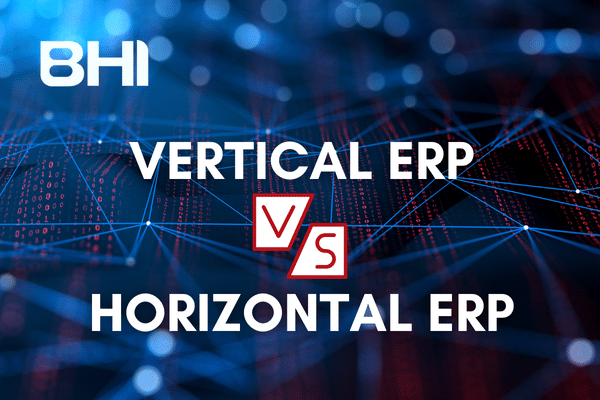In an increasingly digitized business world, effective data management has become a determining factor for competitiveness. Among the available technological solutions, CRM (Customer Relationship Management) and ERP (Enterprise Resource Planning) systems hold a prominent place. Yet these two tools are often confused or misunderstood by decision-makers, despite their fundamentally different functions and objectives.
This article aims to clarify the essential distinctions between CRM and ERP, understand their respective roles in business strategy, and help you determine which solution best fits your organizational challenges.
Definitions : Understanding the Essence of Each System
ERP : The Operational Backbone
An ERP (Enterprise Resource Planning) system constitutes a centralized system that connects and optimizes all internal operational processes of a company. It’s a unified platform for managing multiple functions:
- Finance and accounting
- Production and inventory management
- Purchasing and procurement
- Human resources
- Logistics and supply chain
According to Gartner, ERP systems have become essential for large companies, with very high adoption rates in organizations with more than 500 employees. These solutions improve visibility and control of operations while adapting to rapid changes in business strategies through modern approaches like composable ERP. This massive adoption testifies to the central role of ERP in digital transformation and performance of significant-sized companies.
CRM : The Customer Ecosystem
A CRM (Customer Relationship Management) is a specialized tool for managing and optimizing relationships with customers and prospects. It primarily focuses on:
- Sales management and pipeline
- Marketing and targeted campaigns
- Customer service and support
- Customer behavior analysis
- Customer loyalty and revenue development
According to Forrester Research, companies effectively using CRM see their revenue increase by an average of 29%.
Comparative Table : ERP vs CRM
Fundamental Differences
1. Distinct Focus and Objectives
The most obvious difference lies in their orientation:
- ERP focuses on improving internal processes, operational efficiency, and cost reduction. It’s a system centered on operations.
- CRM aims at optimizing external relationships, mainly with customers and prospects. It’s oriented toward revenue generation and sales growth.
A study by Panorama Consulting reveals that ERP implementations yield an average 11% reduction in operational costs, while well-deployed CRM systems increase sales by an average of 25%.
2. Data Integration: Complementarity Rather Than Competition
Far from being competitors, CRM and ERP are actually complementary. Their integration offers a complete view of the company:
- An ERP without CRM allows optimization of operations but lacks visibility on the customer journey.
- A CRM without ERP offers excellent customer knowledge but doesn’t optimize internal processes related to production or delivery.
According to IDC, companies that integrate their CRM and ERP systems see their productivity increase by an average of 15%, thanks to better information flow and reduced data silos.
3. Temporality and Lifecycle
The systems also differ in their relationship to time and processes:
- ERP generally follows the lifecycle of products and services, from design to delivery, with an orientation toward history and real-time data.
- CRM is more oriented toward the future, analyzing customer trends to anticipate needs and develop appropriate commercial strategies.
Concrete Benefits of CRM-ERP Integration
Integrating CRM and ERP systems offers several competitive advantages:
- Better data visibility with a 360° view across the entire company
- Increased productivity through automated workflows between systems
- Reduction of errors in manual data entry and elimination of information silos
- Improved customer experience through faster and personalized service
- More informed decision-making based on consistent and consolidated data
Typical Use Cases
For ERP: A manufacturing company uses ERP to automatically track inventory. When a product level reaches a critical threshold, the system automatically triggers an order from suppliers and updates financial forecasts.
For CRM: A service company analyzes customer buying behavior through its CRM to identify those who haven’t made a transaction in 6 months. It then launches a personalized marketing campaign that generates a 15% reconversion rate.
Selection Criteria : What Priority for Your Company?
The choice between ERP or CRM priority depends on several factors:
Company Size
- Growing SMBs: A CRM is often the first strategic software investment (77% of SMBs implement a CRM before an ERP).
- Medium-sized companies: Integration of both systems becomes crucial to support growth.
- Large companies: A complete ERP-CRM ecosystem is generally essential, with specialized solutions by department.
Industry
- Industrial production: Priority often given to ERP to optimize the production chain.
- Service sector: CRM may be a priority because the customer relationship is at the heart of the business model.
- Retail: Balanced need between inventory management (ERP) and customer knowledge (CRM).
Specific Issues
- Operational inefficiencies = ERP priority
- Prospecting and loyalty difficulties = CRM priority
- Lack of global visibility = need for integration of both systems
Current Trends: The Evolution of Management Systems
1. Migration to the Cloud
More than 60% of new ERP implementations and 85% of CRM systems are now SaaS (Software as a Service). This trend is explained by several advantages:
- Reduction of infrastructure costs
- Automatic and continuous updates
- Accessibility from anywhere
- Flexibility and scalability
2. Artificial Intelligence and Predictive Analytics
AI is rapidly transforming both types of systems:
- In ERP: automatic inventory optimization, maintenance forecasts
- In CRM: prediction of customer behaviors, automated personalization
3. Strengthened Integration
The boundary between ERP and CRM is becoming increasingly blurred, with the emergence of complete suites or powerful connectors. This convergence responds to the need for a 360° view of the company and its customers.
BHI Consulting Expertise: Management Solutions Integrator
With over 10 years of experience, BHI Consulting has established itself as a key player in implementing ERP solutions for companies of all sizes. Our 42 expert consultants have accompanied more than 120 clients in completing 200+ digital transformation projects.
Our expertise covers the main ERP solutions in the market:
- JD Edwards
- Oracle E-Business Suite
- SAP S/4 HANA
- EPM Solutions (OneStream, CCH Tagetik)
Our approach is based on 4 fundamental values: listening, proposing, surprising, and co-constructing. We don’t just implement technical solutions; we accompany your company in a true digital transformation, paying particular attention to the adoption of new tools by end users.
Implementation Methodology
Our experience has allowed us to develop a proven methodology for implementing management systems:
- Analysis of needs and existing systems: precise identification of business issues
- Solution design: adaptation to the specificities of your company
- Progressive implementation: agile approach to minimize risks
- Training and change management: guaranteed adoption by users
- Support and continuous improvement: permanent evolution of your system
Key Success Factors for Implementation
- Adequate user training: Resistance to change is often the first barrier to adoption. An adapted training plan is essential.
- Data cleansing: Data quality is paramount to fully benefit from the systems.
- Clear process definition: Before implementing tools, it’s crucial to rethink and optimize the processes they will support.
- Progressive approach: Favoring a phased deployment helps limit risks and achieve quick wins.
Conclusion: Beyond Opposition, a Strategic Complementarity
CRM and ERP don’t oppose each other but complement each other in a coherent digital strategy. CRM optimizes customer relationships and stimulates revenue growth, while ERP rationalizes internal processes and reduces operational costs.
For modern companies, the question is no longer choosing between CRM and ERP, but determining the optimal implementation sequence and level of integration based on their strategic priorities.
With an ERP implementation success rate of over 95% (compared to an industry average of 68% according to Panorama Consulting), BHI Consulting positions itself as the ideal partner to accompany you in this approach.
Ready to Transform Your Business Management ?
Want to assess your needs in management systems? Our experts are at your disposal to analyze your current situation and propose solutions adapted to your specific challenges.
Contact us today through our online form to benefit from a personalized diagnosis of your ERP and CRM solution needs.

